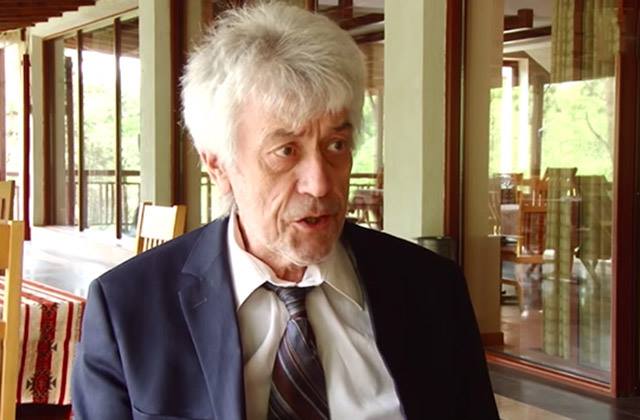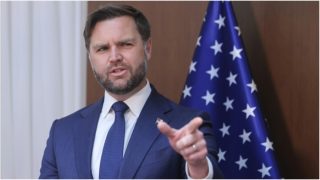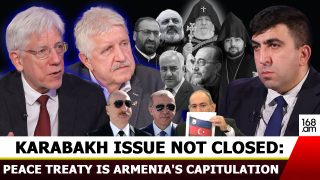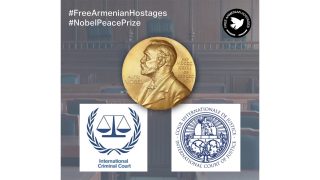
Russia’s Role in Karabakh Conflict is Incomprehensible: German Analyst

“The crucial point is not allowing a new Karabakh war, towards which international community, including Germany, will exert its efforts,” Uwe Halbach, expert at German Institute for International and Security Affairs (SWP), told 168.am, touching upon inflamed four-day war and its implications.
He stated, the occurrences in Karabakh were expected, as ceasefire regime reached between Armenia, Azerbaijan and Nagorno-Karabakh in 1994 wasn’t totally maintained, moreover, from time to time serious shootings have been recorded, both on Nagorno Karabakh—Azerbaijan Line of Contact, and Armenia—Azerbaijan border, peak of which was the April 1 war. In his words, this has become a serious concern for mediators and leading powers, as they realized that the situation isn’t as stable as they thought to be, and actions should be taken for final and lasting settlement of the situation.
However, before talking of the settlement, Halbach also stated, not only instable ceasefire, but by their policy regional leading powers “have matured” present-day threat as well. In his words, it refers Turkey and Russia, each of which has strategic relations with any of the conflicting parties, although regarding Turkey, support to Azerbaijan is obvious. He considers, in November 2015 traces of deterioration of ties between Russia and Turkey are also observed in this outbreak. Upon his observations, Russia-led policy isn’t like Turkey’s policy, as Russia, having strategic ties with Armenia, close cooperation in the field of security, sells arms to Azerbaijan.
“Russia’s mediation efforts aren’t so convincing to me under current state of affairs, Russia’s role is very contrastive, as Russia has a military base in Armenia, and is considered Armenia’s main partner in the field of security, Armenia is a CSTO member, Russia is Armenia’s security guarantor, however, it sells arms to Azerbaijan. Although Russia’s officials are also able to ground it, it may be considered as a conflict participant, who openly supports Azerbaijani president’s steps, whatever they might be,” Uwe Halbach said.
To the question whether discontent by Armenian authorities directed to Russia may be sobering, he replied, “We should hope, that policy will be clarified.” According to the latter, it’s difficult to touch upon the settlement scenario under these conditions.
“However, I noticed, that OSCE Minsk Group Co-chairs are bothered and appeared with statements in the region, and insisted they’d continue works directed to the settlement. It’s important to see, that mediators work consistently, worried by the existent situation. This is a crucial circumstance, on account of current relations between Russia and the West, as well as dramatic Middle East developments,” he said.
According to the German analyst, Germany also worries, evidence to which are statements by German officials, especially of German Chancellor and MFA, as well as the forthcoming visit of Serzh Sargsyan, RA president, and Ilham Aliyev, Azerbaijani president, to Germany. “Judging from the statement by Steinmeier, Germany will attempt to make use of OSCE Co-chairing to settle current conflicts. Of course, Ukrainian conflict is a priority, however, great attention will be attached to NK conflict as well, on account of degree of conflict danger and geo-political context. You’ll observe steps by Germany in near future,” Halbach said.
By Araks Martirosyan

























